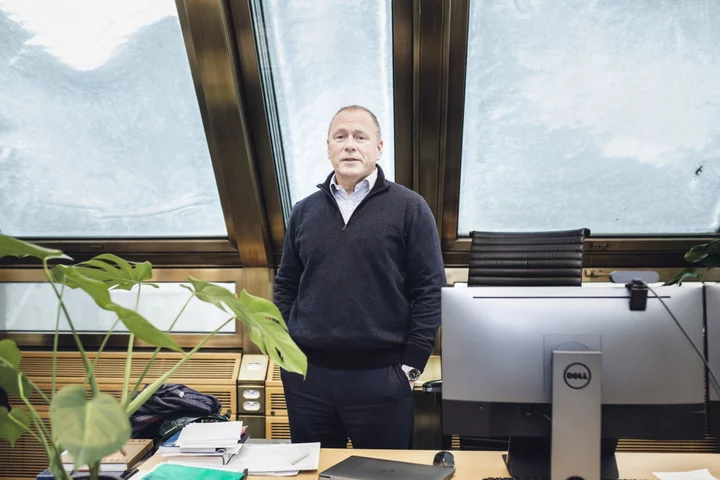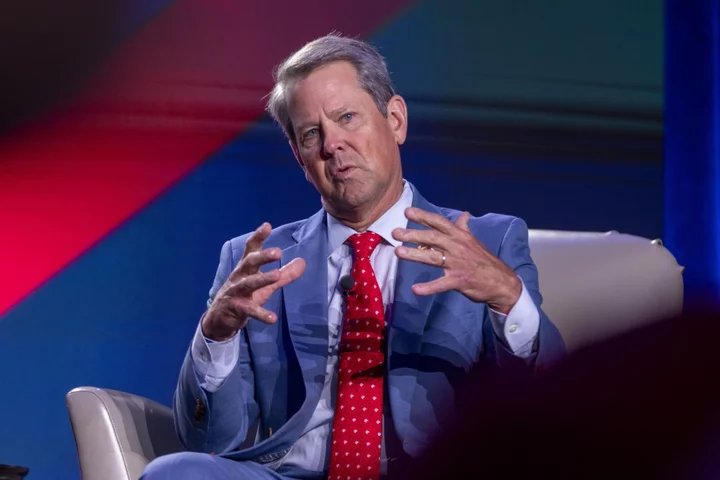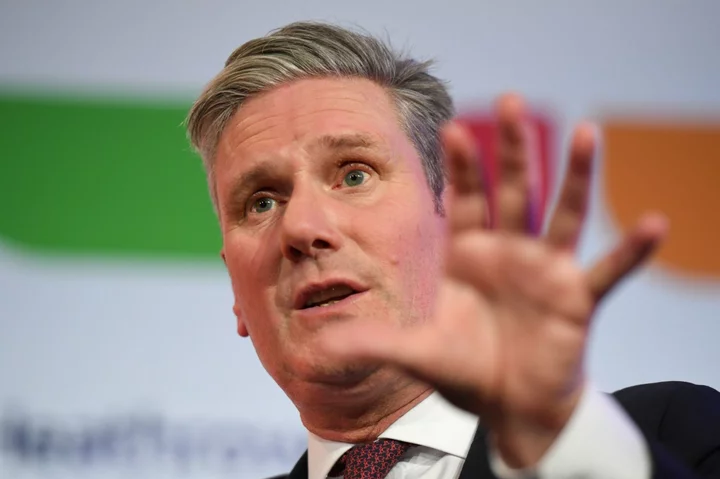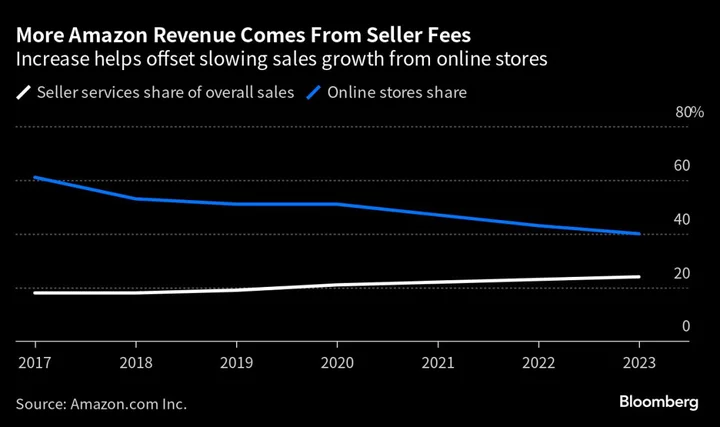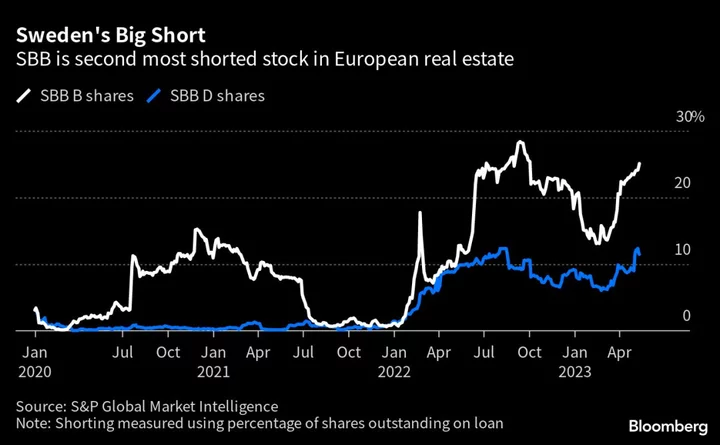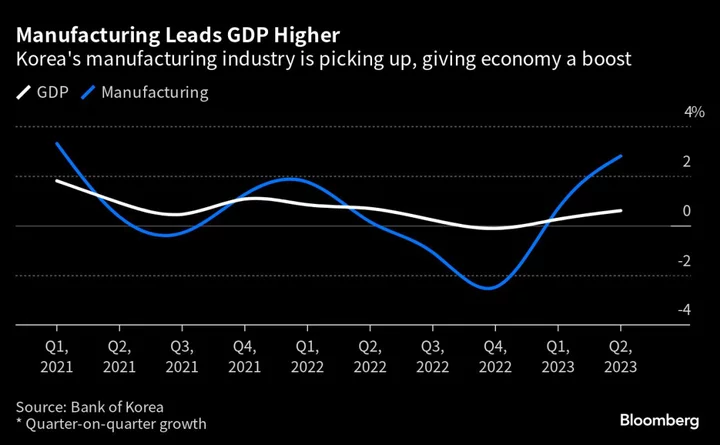Norway’s $1.5 trillion wealth fund recommended that private equity be added to its investment portfolio, reflecting a broader shift among large pension and sovereign funds to diversify beyond public assets.
“An increasingly larger share of global value creation takes place in the unlisted market,” Norges Bank Governor Ida Wolden Bache said Tuesday. “We believe that such an opening could give higher returns for the fund over time. We think it will be possible to invest in unlisted equities in a way that meet our expectations on transparency and responsibility.”
The wealth fund, which owns about 1.5% of listed stocks globally, has asked the finance ministry numerous times - most recently in 2018 - to consider adding unlisted companies to its existing portfolio of stocks, bonds, real estate and renewable energy infrastructure. Previous governments have declined to let the fund in on the global private equity market, citing concerns about transparency and management costs.
Read More: Norway Wealth Fund CEO Wants to Invest in Private Equity
It is possible to regulate investments in unlisted equities “in the same way as the fund’s existing unlisted investments,” the fund said in a letter sent to the ministry. If given the green light to proceed, the fund would aim to gradually build up a portfolio of unlisted equity assets, it said.
In March, the government asked the central bank, which oversees the fund, to examine various aspects of unlisted equities as a basis for further consideration. Finance Minister Trygve Slagsvold Vedum will use this feedback, as well as input from parliament, to assess the issue, with a final decision likely to come in the annual white paper early next year.
Read More: Norway’s $1.4 Trillion Fund Mulls Private Equity Options
Speaking to lawmakers in April, the fund’s Chief Executive Officer Nicolai Tangen cited Canada’s pension fund and Singapore’s Temasek Holdings, as examples of other large investors with holdings in unlisted companies.
Assets under management by private equity have grown more than 12% annually since 2010, the fund said in a discussion note published in September. Leverage buyouts, in particular, have outperformed public equities by between 3% and 4% annually on average, the fund said.
“If the fund is permitted to invest in unlisted equities, we will invest primarily in mid-sized and large buyout funds,” Wolden Bache and Tangen said in the letter published Tuesday. “This will enable us to develop good relationships with a select few partners.”
Elsewhere in the world, funds similar to Norges Bank Investment Management invest anywhere between 8% to 30% of assets in private equity, Blackstone Inc.’s global head of private equity Joseph Baratta said in September. The sector also offers new opportunities for influencing how companies tackle sustainability goals, a key priority for the fund, he said at the time.
Still, there are those that argue that private equity adds cost, without offering higher risk-adjusted returns. If lawmakers want to diversify the portfolio and push for higher returns, they would be better served by resetting the 70-30 split of publicly-listed stocks to fixed income, according to finance professor Karin Thornburn, who teaches at both the Norwegian School of Economics and Wharton School of the University of Pennsylvania.
“The success of the oil fund is based on its disciplined investing, holding a broadly diversified portfolio at a low cost,” Thornburn said in an interview Friday. “The fund was early to adopt a passive index strategy that has now become the gold standard of investing,” she said. “Why change a successful concept without a good reason?”
Read More: Biggest Wealth Fund Urged to Explain Formula One Investment
While, politicians and the public has come to understand swings in the global stock market, they have little tolerance for risks they can’t see or judge, she said.
“The risk in private equity investments is not symmetric for the fund: the downside is potentially much costlier than the upside gains,” she said.

